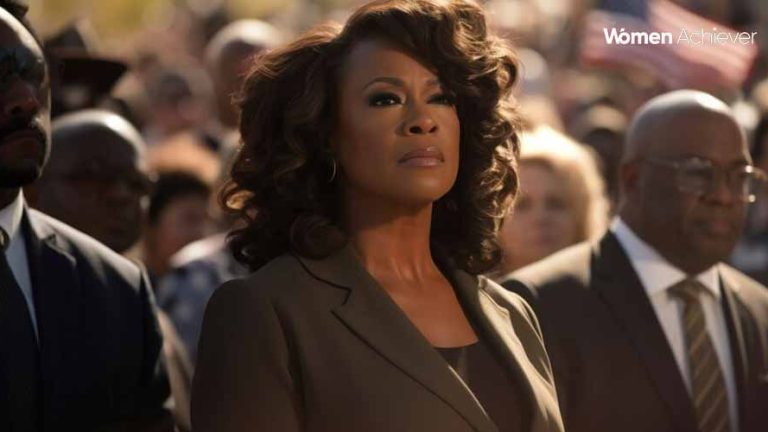Breaking Barriers: The Challenges and Triumphs of Black Women in Politics and Beyond
Examining the obstacles Black women encounter in politics and other domains exposes ingrained cultural prejudices and structural impediments. Despite notable advancements, racial and gender-based discrimination can present special challenges for Black women in politics that their counterparts may not face. Black women in politics and other fields can use the following important obstacles to their advantage:
1. The challenge of intersectional discrimination
Black women experience prejudice that combines gender and racial biases, which can restrict their visibility and leadership prospects. When it comes to politics, this dual bias might lead to more scrutiny, less financing, and less endorsements than their counterparts.
Strategy: These effects can be lessened by forming coalitions that value diversity and collaborating with groups that promote women of color. Support and exposure can be increased by building networks of allies who are aware of intersectionality.
2. Challenge of Underrepresentation in Leadership Roles
Black women have a notable lack of representation in senior political roles. It is challenging to address issues that affect Black communities since their voices and viewpoints are frequently absent from decision-making forums.
Strategy: It’s critical to support mentorship initiatives that help Black women advance into leadership positions. Greater representation can also be supported by offering resources for campaign funding and encouraging Black women to run for office.
3. The Challenge of Media Misrepresentation and Bias
Black women in public life frequently face stereotypes in media representation, such as being portrayed as excessively emotional or violent. This can affect how the public views them and how easily they can win over supporters.
Strategy: Black women may take charge of their stories by using public relations tools and media training. Negative preconceptions can be repelled by platforms that highlight Black voices, such as social media, podcasts, and Black-owned media sources.
4. Excessive Criticism and Elevated Expectations
Challenge: Black women are frequently subjected to harsher judgments and pushed to higher standards than their counterparts. This may deter people from going after prominent positions or adopting strong positions on matters.
Strategy: Resilient and transparent responses to examination can increase constituent respect and trust. To handle criticism, it’s critical to build a support system, maintain focus on your objectives, and develop a thick skin.
5. Economic Barriers Challenge
Another significant barrier is a lack of funds. It takes a lot of money to run for office, and Black women may encounter financial obstacles that their peers do not because of wage inequality.
Strategy: Organizations that prioritize diverse representation, grants, and crowdfunding platforms can all assist in overcoming financial obstacles. The required finances can also be obtained by establishing community-based funding programs and looking for mentorship from wealthy women in politics.
6. Work-Life Harmony and Mental Health Issues
Problem: Black women’s mental health and personal lives may suffer as a result of political demands. Overwhelming pressure to balance work, family, and public scrutiny can result in burnout.
Strategy: Including mental health activities in everyday activities and getting mental health help can help build resilience. Furthermore, encouraging adaptable regulations and pushing for improved mental health services in work environments support long-term wellbeing.
7. Bias in Policy-Making and Limited Policy Impact Challenge
After assuming public office, Black women frequently encounter limitations due to policy-making settings that undervalue their suggestions or ideas. It’s possible that policies that specifically address racial injustices won’t get the support they need.
Strategy: To get support for laws that benefit Black communities, it is crucial to collaborate with politicians and community organizers who share similar views. There can be a significant influence from forming strategic partnerships and advocating for diverse representation in policy discussions.
8. Lack of Role Models and Mentors Challenge
Younger Black women frequently struggle to locate mentors who understand their struggles and experiences because there are fewer Black women in high-ranking corporate and governmental positions.
Strategy: To foster a feeling of community and offer direction, mentorship programs tailored to Black women in politics should be established, and success stories of Black women in leadership should be shared.
Conclusion: Black women are changing the political and professional environment in spite of these challenges by taking the lead with tenacity, purpose, and an emphasis on diversity. They may keep shattering barriers, motivating the next generation, and bringing about significant change in a variety of industries if given the proper assistance, materials, and regulations.






Add comment